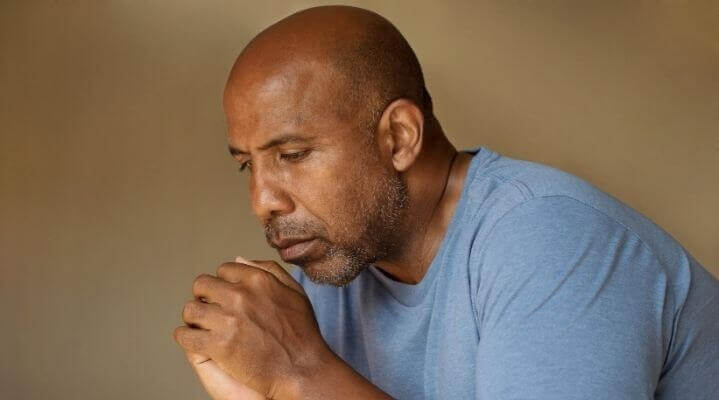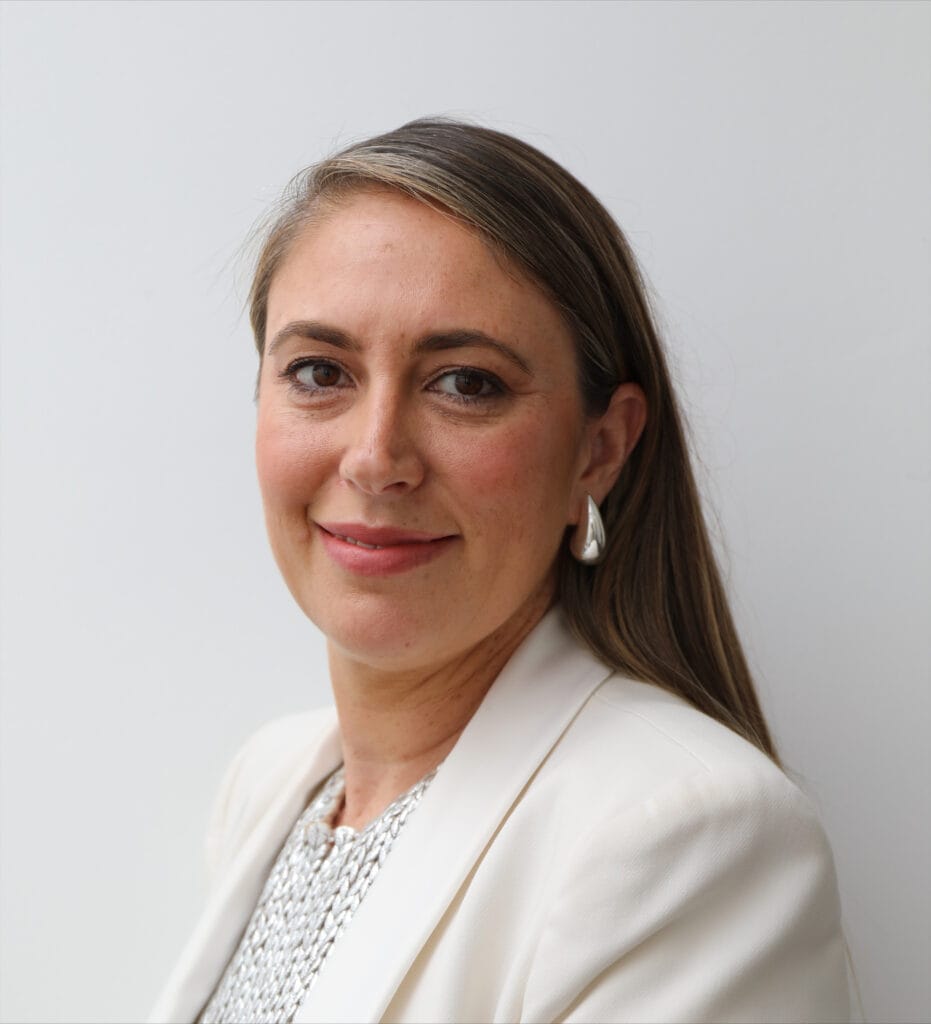Health Hub
5 common causes of haemorrhoids and treatment options
Checked for accuracy by Mr Amyn Haji

Haemorrhoids (also known as piles) are a very common health problem, which affect 80% of people at some point in their lives and several 100,000 people in the UK at any one time. They may be uncomfortable to deal with, but in most cases, they are easy to treat.
In this article, colorectal surgeon Mr Amyn Haji – an expert in minimally invasive treatment of haemorrhoids – explains what piles are, 5 common causes of them and treatment options available.
What are haemorrhoids?
Haemorrhoids are inflamed veins in your lower rectum or anus and should not be cause for concern. There are two different types of haemorrhoids:
- Internal haemorrhoids develop inside the rectum and in most cases, you can’t see or feel them. They usually aren’t painful as there are limited pain-sensing nerves in this area.
- External haemorrhoids develop under the skin around your anus. These haemorrhoids are often very uncomfortable and more likely to bleed. They can sometimes prolapse or be seen as a small, hard bulge.
If you do get haemorrhoids, you can get both internal and external haemorrhoids at the same time.
What are the symptoms of haemorrhoids?
Haemorrhoids don’t always have symptoms. In particular, you may have internal haemorrhoids without realising it. You might notice some blood after having a bowel movement, especially if you pass a very hard or large stool.
Symptoms of external haemorrhoids include:
- Itching / irritation in and around your anus
- Anal swelling
- Bleeding
- discomfort / pain around your anus
- Pink (or blue or purple) lumps around your anus
5 common causes of haemorrhoids
Usually, there are a few factors which come together to cause haemorrhoids. Your likelihood of getting haemorrhoids is heightened by any increase in abdominal pressure, which places great pressure on the blood vessels in and around the anus. 5 common causes include:
1. Being overweight or obese
Carrying excess weight around your gut and abdomen puts additional pressure on the pelvic area, which in turn increases pressure on the blood vessels, increasing your chances of developing a haemorrhoid. Being inactive is also linked to haemorrhoid problems. Sitting for a long time places extra pressure on the veins around the anus. Exercising and moving more in general reduces your time sitting, and also makes your digestive system work more efficiently.
2. Your age
The veins lining the rectal area get weaker as you get older, causing your blood vessels to bulge more easily when they’re irritated or stressed.
3. Being pregnant
Up to 50 % of women develop haemorrhoids during pregnancy. The body stretches as it undergoes extreme changes: weight increases, being constipated is more likely, and a lot more blood pumps around the body. This, combined with higher levels of the hormone, progesterone being produced, all increase pressure on the pelvic blood vessels. Haemorrhoids that develop while pregnant commonly go away on their own, soon after you give birth.
4. Diarrhoea and constipation

People who suffer with chronic diarrhoea or constipation are also at risk of developing piles due to the pressure that is placed on the anus. Both diarrhoea and constipation cause unpleasant bowel movements, which lead to straining while trying to pass a stool. This straining has a big effect on the veins in the rectum, as it increases pressure in short bursts, which can damage these veins.
The best thing to do when you are suffering from either diarrhoea or constipation is to avoid any straining where possible whilst on the toilet. It can also help to increase your water and fibre intake. Aim for at least 25 grams of fibre per day from foods such as oatmeal, prunes, fruits, vegetables, and beans. With this diet, your stools will become more pliable, lessening or even removing the need to strain or push when on the toilet.
5. Your genetics
The strength of the rectal lining can differ from individual to individual. A weak rectal lining can run in families. If your parents both have a weak rectal lining, for example, you will be far more likely to get haemorrhoids. It’s not a topic most people like to talk about, but it might be worth finding out if your family has a history of haemorrhoids.
What medical treatments are available for haemorrhoids?
In a lot of cases, haemorrhoids will go away on their own. However, if they cause you discomfort, you can use over-the-counter creams to soothe haemorrhoids and take warm Epsom salt baths for 15 -20 minutes each day until your symptoms decrease. Diet and lifestyle changes – including moving around more and eating more high-fibre foods – can also help.
If lifestyle changes, medications and home remedies do not help, and your haemorrhoids are particularly painful or not going away, you may be recommended certain medical treatments or minimally-invasive surgery.
If your haemorrhoids are particularly painful and don’t go away, you may be recommended rubber band ligation or infrafred coagulation therapy. Rubber band ligation involves tying the base of an internal haemorrhoid with a rubber band to cut off blood supply.
In recent years, great technological advancements have been made to help treat severe cases of haemorrhoids. We can now offer a revolutionary, effective treatment called the Rafaelo procedure. Rafaelo uses well-established radio frequency technology to help shrink internal haemorrhoids.
One of the huge benefits of Rafaelo is that it is a fifteen-minute walk-in, walk-out day procedure (you can go home after treatment and return to activities the following day).
Rafaelo also has a high success rate of 90%, which means it can be a one-off treatment with lasting effects.
In some severe cases, Rafaelo may not be able to help and you may need surgery (such as a haemorrhoidectomy or haemorrhoid stapling).
We’ll talk through the best, bespoke treatment for you.
More information
- If you’re concerned about haemorrhoids, speak to your GP about possible treatments. (Don’t have a GP?)
- King Edward VII’s Colorectal Surgery Centre is a fully equipped unit, staffed by experts with access to the most up to date tests and treatments, including colonoscopy and the Rafaelo procedure for haemorrhoids. We also offer a haemorrhoid assessment package.
- Mr Amyn Haji is a specialist colorectal surgeon. He has particular expertise in haemorrhoids, offering minimally-invasive surgical treatment options, including the the Rafaelo procedure and haemorrhoidectomy. He and the colorectal team at King Edward VII’s Hospital can provide expert treatment, advice and guidance. Make an enquiry.
Article Sections
Latest Hospital News
Should you wish to speak to our press team, please visit Press Enquiries





